The Singapore and the U.S.' landmark deal on civil nuclear cooperation is expected to support not only the climate goals of the city-state but also the Southeast Asian region as well, analysts said.
Singapore Foreign Affairs Minister Vivian Balakrishnan and U.S. Secretary of State Antony Blinken signed the 123 Agreement on Wednesday. The 30-year pact, which is likely to be enforced by end-2024 following a review by the U.S. Congress, was signed during Blinken's official visit to Singapore as part of his six-country tour of Asia.
The 123 Agreement refers to section 123 of the U.S. Atomic Energy Act that requires the signing of a peaceful nuclear cooperation agreement for significant transfers of U.S. nuclear material or equipment to its partner countries.
U.S. and Singapore officials said in a joint statement that signing the agreement and joining capacity-building initiatives such as the Foundational Infrastructure for the Responsible Use of Small Modular Reactor Technology will lead to a better understanding of how advanced nuclear energy technologies, including small modular reactors, can potentially support climate goals, while balancing critical energy needs.
The U.S. has signed such agreement with 48 countries. Apart from Singapore, other members of the Association of Southeast Asian Nations such as Indonesia, the Philippines and Vietnam have signed 123 Agreement.
David Broadstock, a senior research fellow and energy transition research lead with the Sustainable and Green Finance Institute at the National University of Singapore, said by being the latest ASEAN country to sign the 123 Agreement, Singapore could have a "transparent discussion" on regional power sector development with other signatories in ASEAN.
Broadstock said there has been a lot of discussion in recent years to build regional grid for clean energy. But he said this can only be done if ASEAN countries can discuss the technology and infrastructure that need to be installed to help clean electricity flow around.
"Signing the agreement is consistent with (Singapore) keeping the domestic pathways open, but it's also consistent with being able to increase regional dialogue on regional power solutions," Broadstock said.
Singapore is exploring renewable energy resources to meet its net zero emissions goal by 2050. A report commissioned by Singapore's Energy Market Authority in 2022 revealed that geothermal energy or nuclear energy can supply about 10 percent of the city-state's energy needs by 2050.
Singapore officials said they have not made any decision on the deployment of nuclear energy in the country. The Ministry of Sustainability and the Environment and the Ministry of Trade and Industry said in a fact sheet issued after the signing that it will conduct detailed studies of the safety, reliability, affordability, and environmental sustainability of nuclear energy before making such a decision.
Rohan Gunaratna, professor of security studies at the S. Rajaratnam School of International Studies at the Nanyang Technological University in Singapore, said the city-state has "very rightly taken a cautious approach" before embarking on nuclear technology.
Gunaratna said Singapore is aware that designs of advanced nuclear reactors are still undergoing research and development and have not begun commercial operation.
"Singapore has a firm commitment to nuclear non-proliferation. To prevent the spread of nuclear missile and fissile technologies is essential to international peace and security," he said.
Singapore Foreign Affairs Minister Balakrishnan said at the signing ceremony that current conventional nuclear technologies are not suitable for the city-state, according to local media reports.
"But given advances in civil nuclear technology, we need to stay abreast of breakthroughs in this rapidly evolving field," Balakrishnan said.
The U.S.-Singapore joint statement said the 123 agreement builds on the long-standing civil nuclear collaboration between the two countries. For instance, since 2017, the U.S. Nuclear Regulatory Commission and Singapore's National Environment Agency have had arrangements to collaborate on nuclear safety matters.









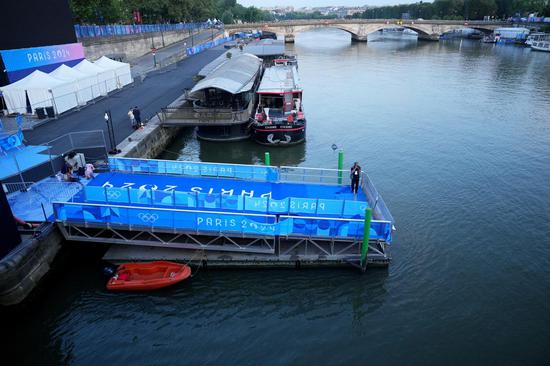


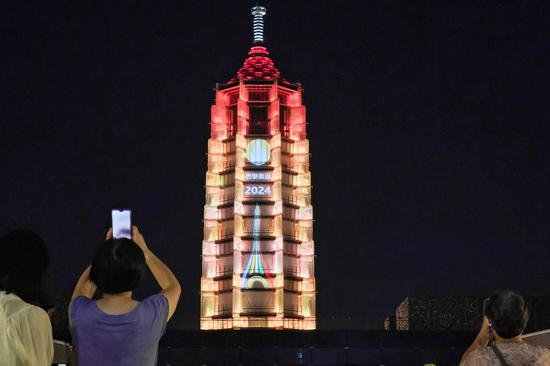

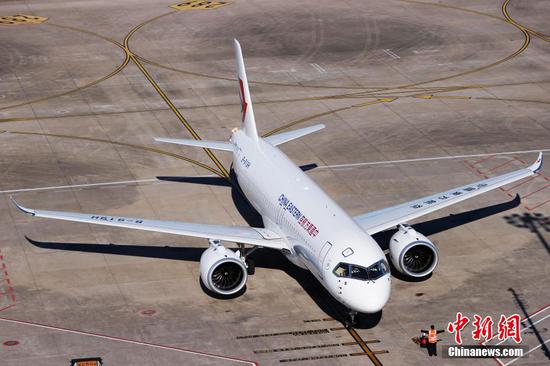





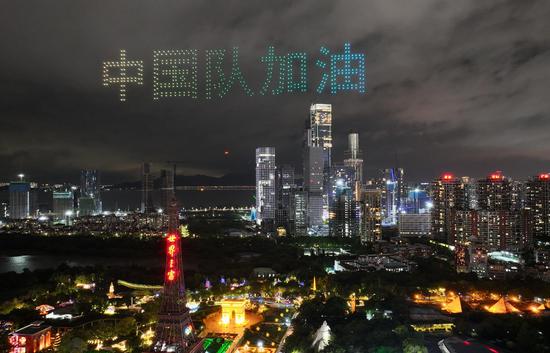


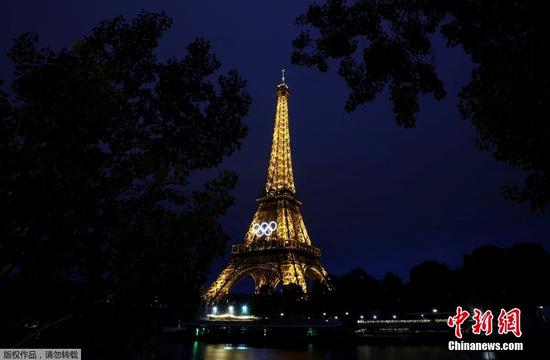


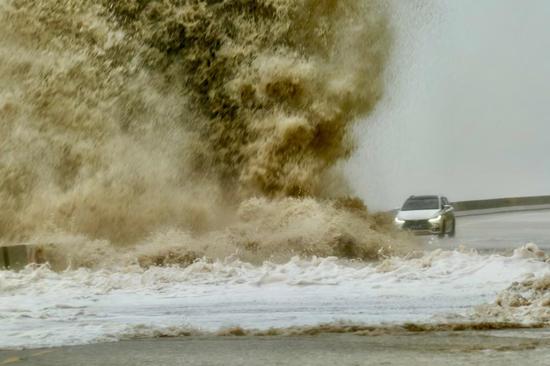




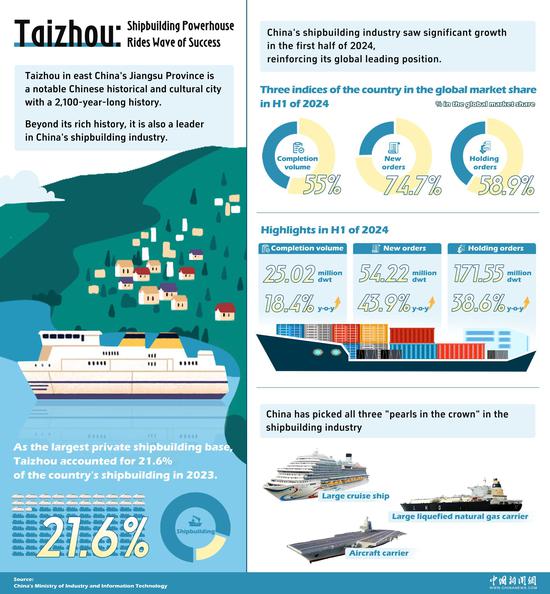
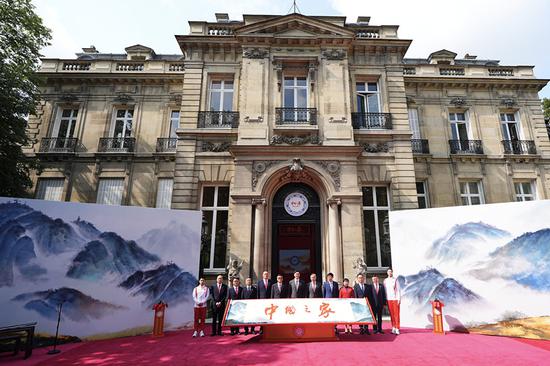








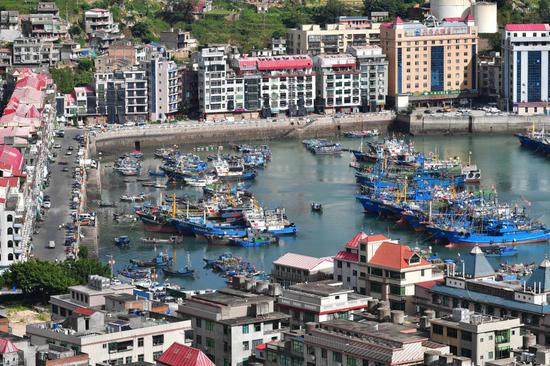
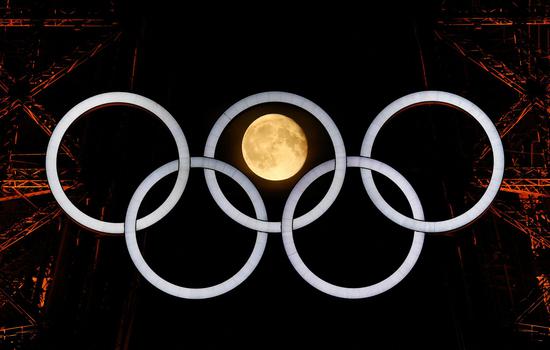


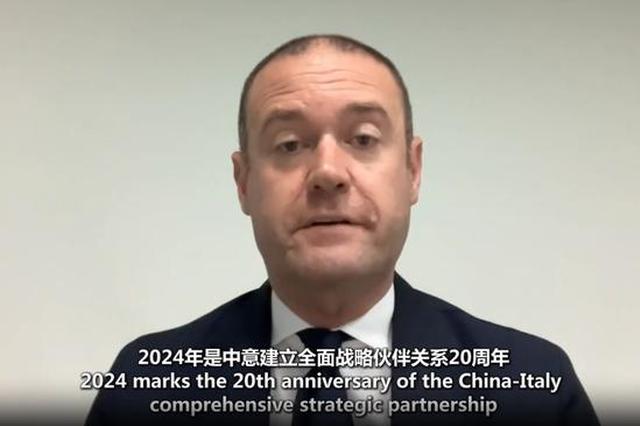

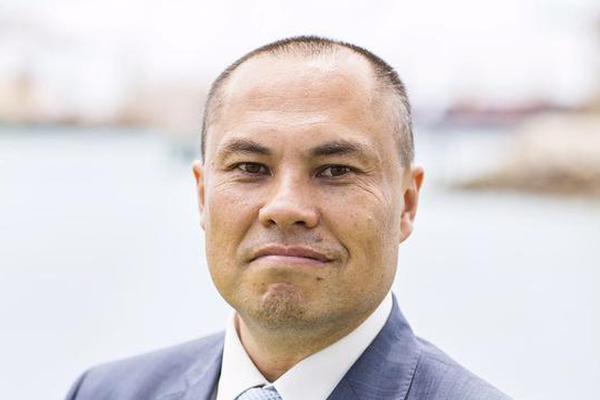

 京公网安备 11010202009201号
京公网安备 11010202009201号